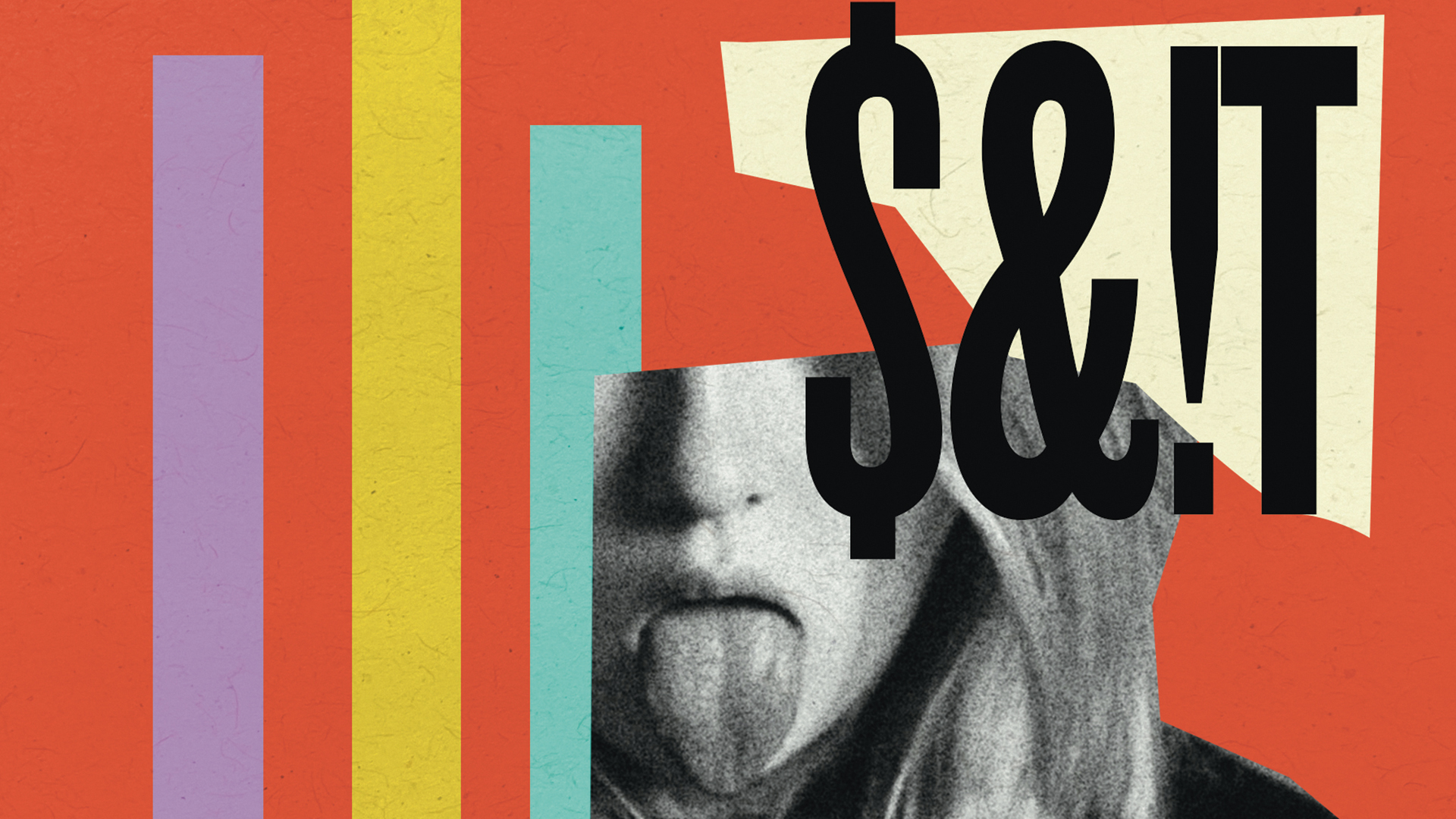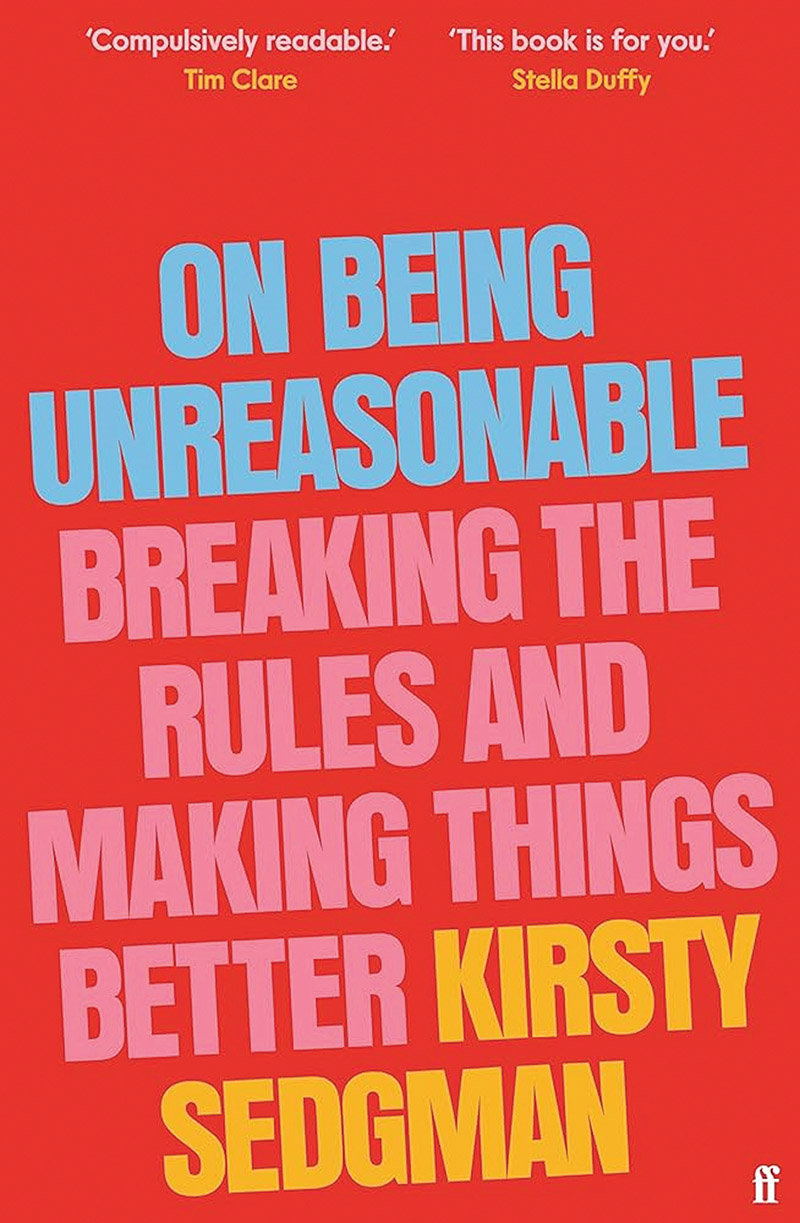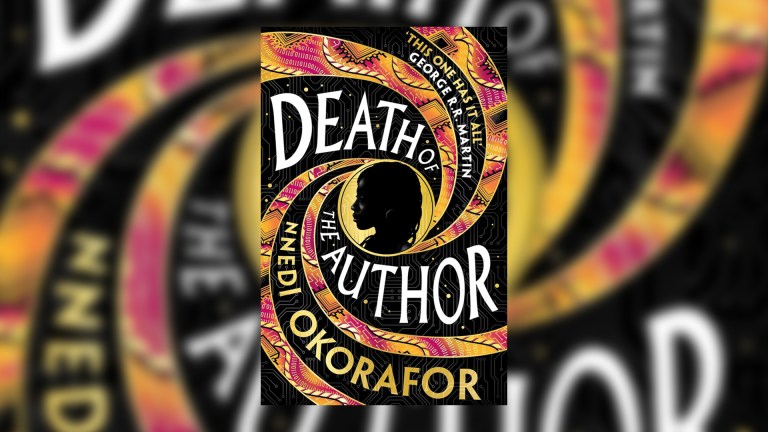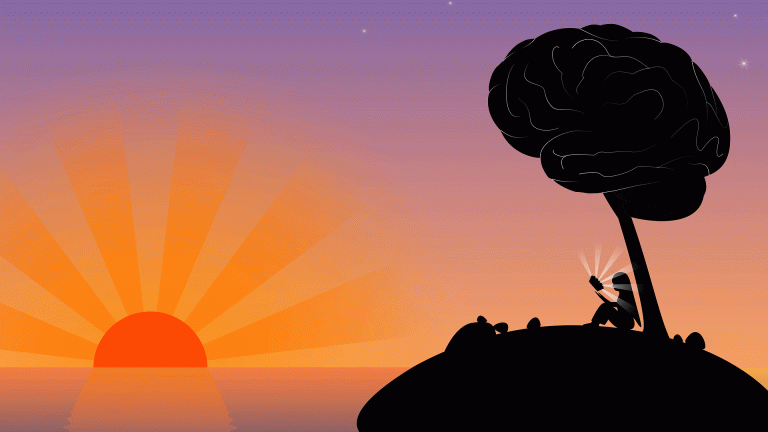At the same time, social media companies have busily been developing sophisticated algorithms designed to get us to argue. The ‘bait-and-bitch’ technique runs on encouraging hate-clicks and disagreement. Division is more profitable and more politically powerful than healthy forms of debate. This has led to an intense sense of anxiety around what is often seen as a dangerous new attitude of selfish narcissism.
To fight our current age of entitlement, it is commonly agreed, we need to re-establish the expectation that everyone should adhere to prosocial norms. The trouble is that, when it comes to the social contract, the line between prosocial and antisocial behaviour is not that simple. What one person sees as a reasonable expectation might to another person seem like an unreasonable act of public shame: like fat-shaming somebody for taking up too much space in the seat next to yours.
In instances like this, we can see how that positive urge to encourage individuals to moderate their behaviour for the good of everyone can sometimes sour into an unfairly authoritarian desire to control, censure and punish.
What’s most concerning is how accusations of entitlement often land hardest on marginalised social groups. Take the flood of so-called ‘Karen videos’, which usually show white people – particularly white women – harassing Black residents for having communal barbecues in the park.
Disabled people also bear the brunt of this phenomenon: like the recent incident in which an audience member was shamed by a stage performer for using their phone in the theatre, which actually turned out to be a captioning device, or like the autistic person who was removed from a cinema for laughing in the wrong places.
Over the past few years, acts of public protest have given us an extreme example of how divided we really are around the issue of behavioural norms. What one person believes to be a selfish disruption, another person sees as a necessary evil in the fight for justice.
Here in the UK, the government cracked down on protests through the 2022 Police, Crime, Sentencing and Courts (PCSC) Act, which gave police the power to shut down a demonstration whenever officers decide it has become unacceptably disruptive.
In Thailand, as the pandemic unfolded, a student-led movement took over the streets of Bangkok to defy prime minister Prayuth Chan-ocha’s prohibition on protest. Over the past few months, in nations around the globe, massive public demonstrations against police violence, resisting climate collapse, and in support of Palestine have caused widespread concerns.
As human beings, we need to be able to draw those moral lines between good and bad behaviour. As the history of our evolution shows, we need those prosocial norms for civilisation to function at all. However, if we stand a chance of fixing our biggest divisions, we have to think critically about whose interests the rules serve.
Who historically has had the power to draw those lines and to enforce them? Who were our dominant societal norms built to benefit, and who is excluded and harmed when they are applied too strictly? If we don’t, the social contract risks collapsing entirely.
On Being Unreasonable by Kirsty Sedgman is out now (Faber & Faber, £16.99)
This article is taken from The Big Issue magazine, which exists to give homeless, long-term unemployed and marginalised people the opportunity to earn an income. To support our work buy a copy!
If you cannot reach your local vendor, you can still click HERE to subscribe to The Big Issue or give a gift subscription. You can also purchase one-off issues from The Big Issue Shop or The Big Issue app, available now from the App Store or Google Play











